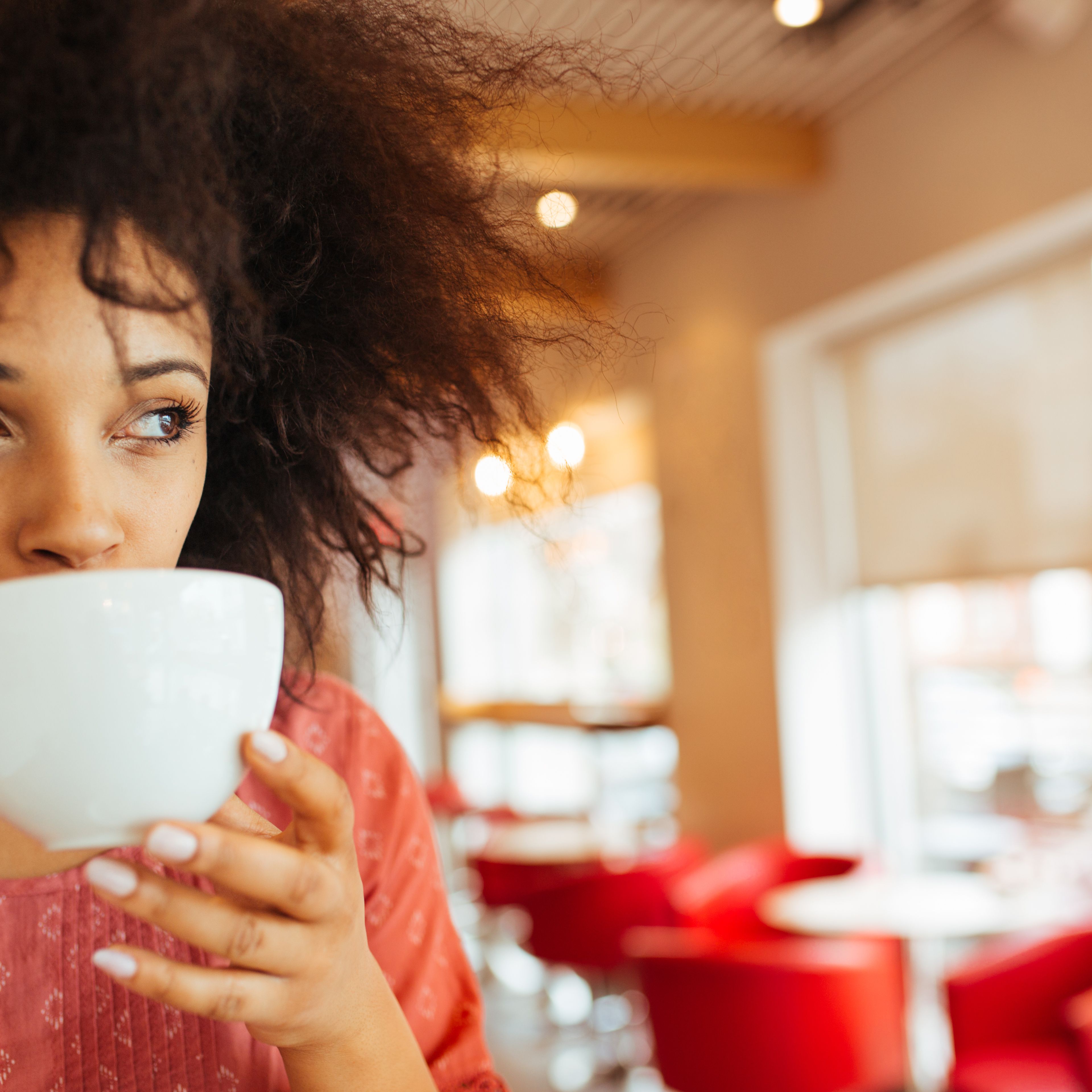Effect of Caffeine on Fertility
For people hoping to increase their chances of conception, giving up caffeine could be a goal. Some people would find it difficult to get through the day without a caffeine boost. They might have feelings of guilt and worry if they are trying to get pregnant and are concerned that caffeine could be affecting their chances. There is also risk for miscarriage based on how many milligrams of caffeine is consumed. According to a study:
- Drinking 300 mg of caffeine increased the risk of early pregnancy loss or spontaneous abortion .
- Drinking 600 mg of caffeine more than doubled the risk of miscarriage.
Another issue is that a high consumption of caffeine is more likely in people who are experiencing fatigue. Fatigue could be a symptom of an underlying disease or health condition that harms fertility, like endometriosis or even depression.
Hence it is better to limit your consumption of caffeine when you’re actively trying to become pregnant. Excessive caffeine has been linked to an increased risk of miscarriage, especially in early pregnancy, and consuming high levels of caffeine can result in low birth weight babies.
Caffeine is also a known stimulant, which is why most people can’t face the day without their morning “dose”. The jolt you experience in alertness, attributed to caffeine, also causes your blood pressure to spike. If you already deal with elevated blood pressure, you may be at risk for pre-eclampsia, a dangerous condition of pregnancy.
While a few cups of coffee, tea, or cola aren’t known to have an impact on the father’s fertility, caffeine in excessive amounts, such as that found in 4-6 cups of coffee per day (400 mg) or more can lower sperm counts. Regular doses of caffeine in high amounts can also affect the quality of the sperm, so it’s best for dad-to-be to limit his caffeine intake.
One can look into other ways to feel energized and ready for whatever comes your way. Try meditation after you wake up. some sparkling water, or a non-caffeinated tea, such as soothing chamomile.




